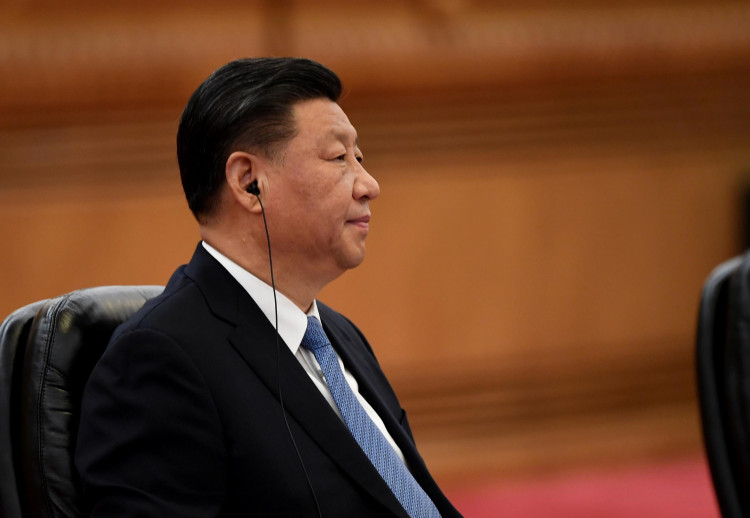While China struggles to deal with the downturn of the world's second-largest economy, it has embarked on a new strategy to set up local financial experts to handle risks and restore regional economies.
Since 2018, President Xi Jinping has put 12 former finance executives in top positions at state-run financial institutions or regulators across the country's 31 provinces, counties, and municipalities, including some who have faced banking and debt problems that have increased concerns of a financial meltdown.
According to Reuters analysis, only two top provincial officials had such financial background prior to the last big leadership reshuffle in 2012.
Among the recently promoted financial experts is Beijing's vice mayor Yin Yong, a former deputy governor of the central bank, and Shandong's deputy provincial governor, Liu Qiang.
Another newly promoted official, vice mayor of Chongqing, Li Bo, had headed the monetary policy department of the Chinese central bank until this year.
The hires - running economies greater than those of small countries - would seem to put those officials in the fast lane as China plans a personnel revamp in 2022, when approximately 50 percent of the 25 Politburo members could be replaced, including Liu He, a vice-premier who leads economic reform while serving as chief negotiator in U.S. trade talks.
Bankers are now "in demand" as local governments are increasingly exposed to financial risks, said Chucheng Feng, a Plenum partner of a Hong Kong-based independent research platform.
The role of avoiding and minimizing major financial threats, Chucheng said, is entrusted to these ex-bankers and regulators. The transformation has come as economic growth slowed to its worst in nearly 30 years, while government infrastructure spending has plummeted.
This year, five regional banks have been struck by management or liquidity problems, raising the prospect of catastrophic debt bombs in unexpected corners.
The economy faced increasing economic downward pressure in the midst of interconnected financial, systemic, and cyclical problems, the news agency said.
With heightened pressure, local governments expect to take the lead in handling their financial issues and lowering bailout costs through local action, analysts say.
For leadership positions, financial executives have been shunned for a long time. After the Communist Party came to power in 1949, banks were nationalized and many bankers purged during the Cultural Revolution.
Political systems, particularly senior ones, need to work hard to learn financial knowledge and familiarize themselves with financial sectors, Xi said during a national financial affairs meeting.






